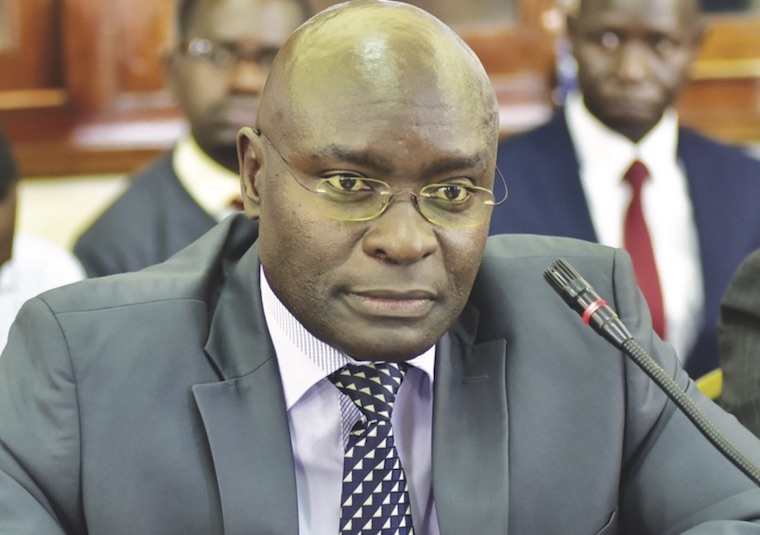Democracy and governance activists are sounding the alarm over the lack of communication from Uganda’s Electoral Commission (EC) regarding its plans for the forthcoming 2026 general elections.
As time dwindles, especially amidst recent funding setbacks, these activists are calling on the commission to clarify its current activities. Despite assertions from the EC that it remains on track, concerns persist.
Henry Muguzi, an expert in the field, has expressed dismay over the apparent inactivity. He stresses the importance of public engagement, emphasizing that citizens are key stakeholders in the electoral process. Muguzi has also urged the government, particularly the Ministry of Finance, to prioritize funding for the EC’s operations, citing the significance of high-quality elections for Uganda’s post-conflict development.
The EC’s roadmap, unveiled in August of the previous year, delineated various activities leading up to the 2026 elections. However, recent reports of budget cuts and delays have cast doubt on the commission’s ability to adhere to its schedule.
Julius Mucunguzi, the EC’s spokesperson, has sought to allay fears, asserting that despite financial challenges, the commission remains committed to meeting its targets for the upcoming elections. Nevertheless, concerns linger, exacerbated by the EC’s failure to conduct earlier scheduled elections due to funding constraints.
With the allocated budget for the EC falling significantly short of the required amount, the public is closely monitoring developments as the 2026 elections approach. Transparency and accountability are paramount expectations from the Electoral Commission, with the hope that it will soon provide a clear roadmap and secure adequate funding to ensure a democratic and equitable electoral process.






